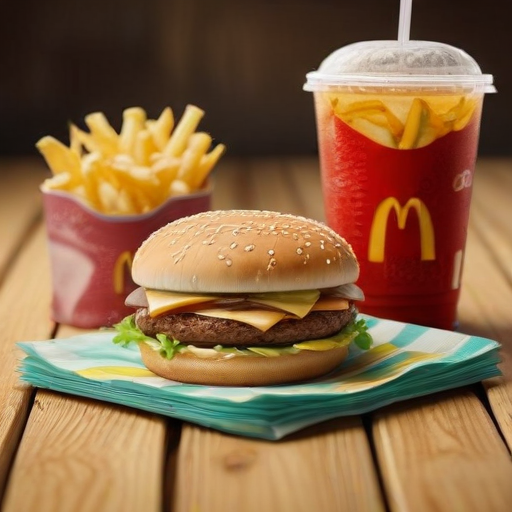McDonald’s has introduced a $5 meal deal that could generate a modest profit for the fast-food giant, with estimated profit margins ranging from 1% to 5%. This means that for every meal sold, McDonald’s might earn between $0.05 and $0.25. According to restaurant analyst Mark Kalinowski, the initiative is part of McDonald’s strategy to entice price-sensitive consumers back into its restaurants during economic uncertainty.
The introduction of this deal aims to attract customers who may be feeling the pinch of inflation, with the hope that once they enter, they will make additional purchases beyond the promoted meal. However, the profitability of this offering will depend heavily on various factors including ingredient costs, labor expenses, and overall overhead.
Arlene Spiegel, president of consulting firm Arlene Spiegel & Associates, noted that the $5 meal deal is more about promotion than profit. She emphasized that while it may draw diners back, franchise owners—who operate approximately 95% of McDonald’s locations—face challenges in setting prices and managing operational costs such as rent, insurance, and taxes. McDonald’s U.S. president, Joe Erlinger, mentioned that franchisees often run promotional offers as a means to address these overhead expenses.
Spiegel further explained that the additional costs associated with labor, packaging, condiments, delivery, and marketing could significantly erode any potential profits from the meal bundles, labeling the deal as a “loss leader” aimed at capturing customer interest.
This approach by McDonald’s highlights the company’s commitment to serving its customers amid economic challenges, showcasing adaptability in a competitive market. While immediate profits may be limited, the strategy could foster customer loyalty in the long run, potentially leading to increased sales and a stronger customer base.
In summary, while the $5 meal deal presents only modest profitability for McDonald’s, it serves as a strategic move to bring customers back into its restaurants during tough economic times, paving the way for future growth and engagement.
